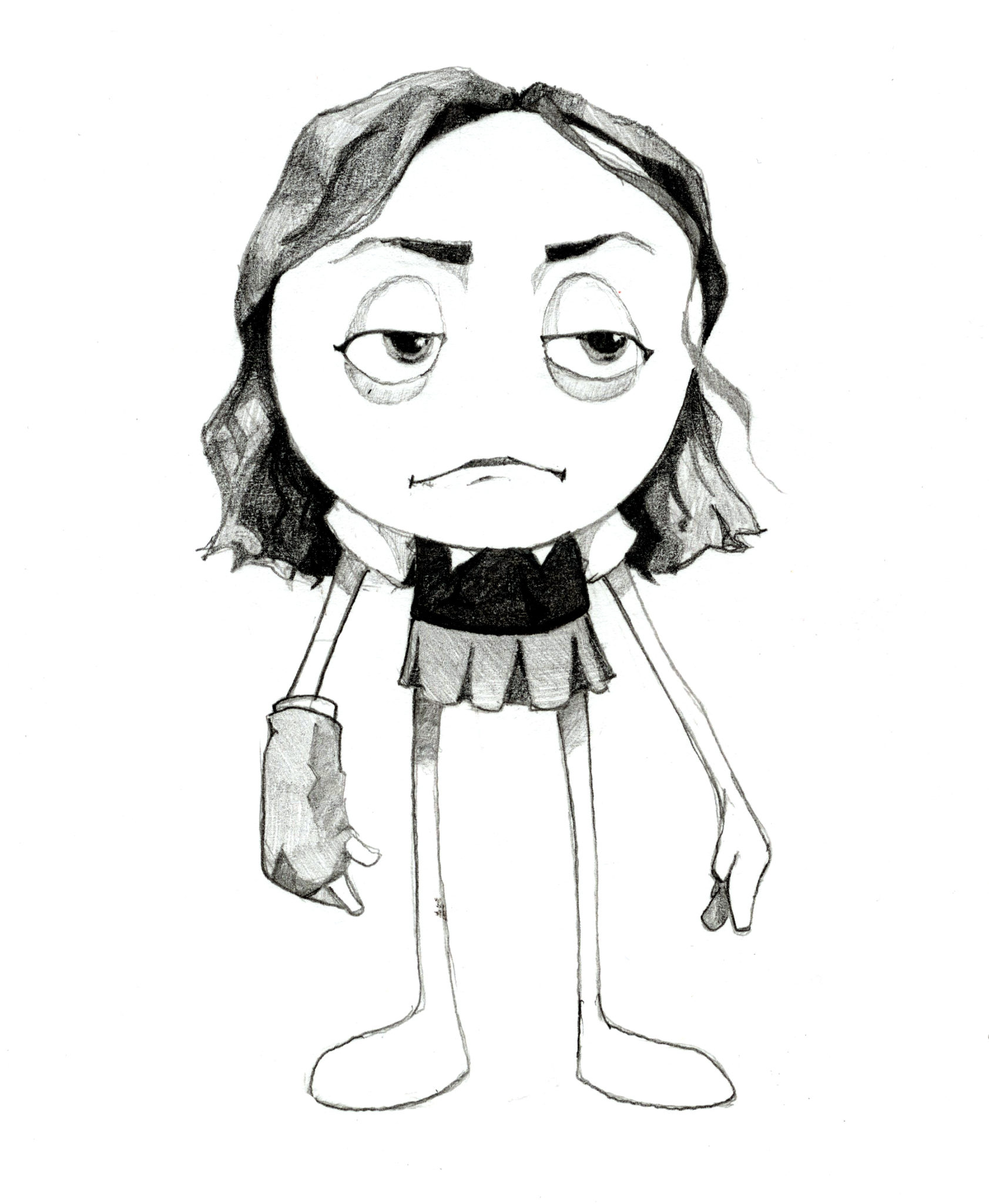
If you’d told me at this time last year that a movie would have such a powerful effect on me that, months later, the mere mention of the city of Sacramento would bring me close to tears, I wouldn’t have believed you. Not for a second. I’m a movie-theater-crier, sure, but only over true tragedy. If I’m going to be moved by a film, it’s going to be by the big things, the grand disasters, the ones that leave aching bruises and a crumpled heap of Micah impotently cursing the East German police state in the back of the Whitney Humanities Center (see: The Lives of Others).
That’s one of the (many) reasons why I can’t stop thinking about Lady Bird: it manages that same sort of emotional impact without resorting to anything but the rhythms of ordinary life. It’s the story of a teenage girl and her senior year of high school. Spoiler alert: it’s normal. She tries out musical theater, dates a few crummy guys, fights with her best friend and her older brother, gets admitted to a few colleges and rejected from a few others and forgives her mom. There are no twists. No soon-to-die children run alongside a lake as Max Richter’s “On the Nature of Daylight” thrums (see: Arrival). No grandiose shots of the Sierra Nevada or saccharine coming-of-age moments on the beach pass before our eyes. The closest analogue I can think of is Boyhood, but even that got some of its punch from its gimmick, and Lady Bird is defiant in how ungimmicky it is.
How does it work so well? Deep characterization, a near-total avoidance of clichés, radical compassion, a wry sense of humor and a profound sincerity that infuses every frame. We live in an ironic age, and to be sure, irony is an important tool: It forces us to examine the ridiculous in the mundane. But when irony becomes an end in itself rather than a means, it goes sour. Lady Bird is a film that refuses to deal in irony, sarcasm, obscurity, or any other hipster subterfuge. It’s no accident that the closest thing the film has to a villain is an overly self-aware Howard-Zinn-reading indie rocker with a penchant for condescension.
Instead, Lady Bird is a film about the glory of the everyday, the beauty of the mundane, the worlds contained in the sort of early-2000s ephemera that people of my generation (myself included) are quick to mock. When the eponymous Lady Bird McPherson listens to the Dave Matthews Band and sobs in her mom’s car after a nasty breakup, she’s not doing it for a bit. She’s expressing her feelings to a song she genuinely loves. When she drives around Sacramento, she genuinely loves her hometown, however maligned it might be by people who aren’t from there. When she finally tells her mom that she loves her, there’s no attempt to undercut the moment with a forced joke. Things ebb and flow naturally; the painful moments sear and sting and the joyful ones feel revelatory. It feels, in short, like life.
And that’s exactly why, for me at least, Lady Bird is so necessary right now. It’s a film about the long term when as a culture we’re fixated on the drama of the moment; it’s conciliatory and humanistic when every avenue of public discourse seems to be based on vilification of the other; it’s narrow in scope and broad in emotion at a time when it seems that even the best of big-studio Hollywood is the reverse. It’s lyrical and elegiac and fundamentally about both the brokenness and wholeness of humanity, and we could all use a little bit more of its gracious spirit.
Micah Osler | micah.osler@yale.edu







